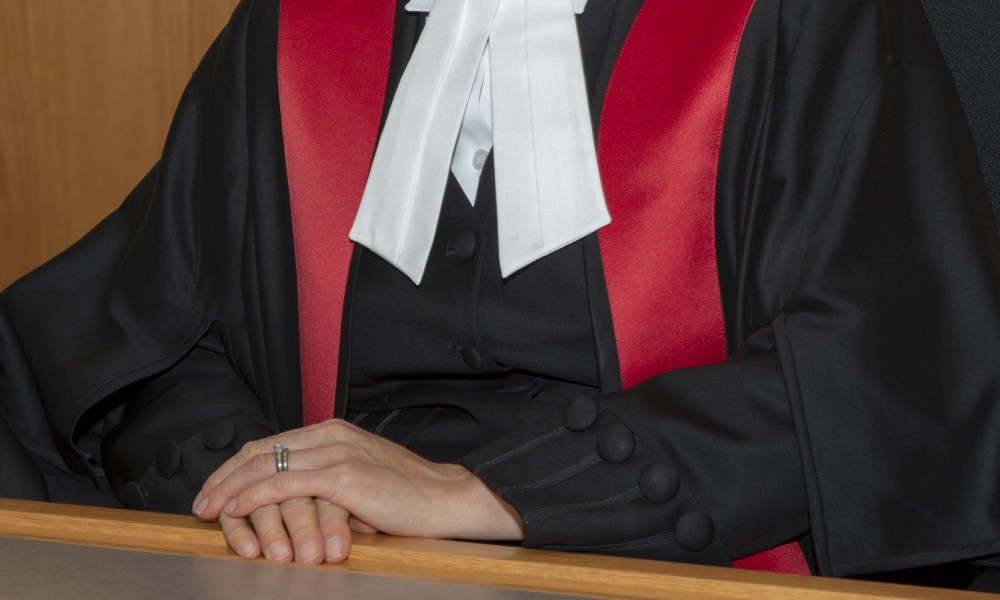Lawyer admits to receiving, disbursing funds via his trust account for client who was a fraudster

Effective Jan. 1, the Law Society of British Columbia has suspended Milan Matt Uzelac for four months and Brock Anthony Edwards for two months, both for professional misconduct.
In Uzelac (Re), 2020 LSBC 58, Uzelac, based in Vancouver, used his trust account to receive and to disburse funds which he credited to his client, without making reasonable inquiries about the source and purpose of the funds passing through his trust account despite the red flags present, and without rendering substantial legal services for such funds. In effect, the lawyer’s actions gave an appearance of legitimacy to his client’s fraudulent investment scheme.
Uzelac admitted that he had committed professional misconduct and consented to the proposed disciplinary action of suspension and payment of $1,000 in costs. A hearing panel of the law society found that the nature of the allegations were serious and that these actions eroded the public confidence in the administration of justice.
The hearing panel’s considerations for the imposed disciplinary action included the nature, gravity and consequences of the misconduct; Uzelac’s acknowledgement of his wrongdoing; his professional conduct record; and the need to foster public confidence in the legal profession.
In Edwards (Re), 2020 LSBC 21, Burnaby-based Edwards and his ex-wife were parties to a family law trial before the Supreme Court of British Columbia, which granted a divorce and which issued orders relating to guardianship, parenting time, child support and property division.
In the disciplinary case, it was alleged that Edwards threatened and initiated legal proceedings for improper purposes and utilized the court’s processes to harass and intimidate the other party, among other allegations.
The law society contended that even though the situation involved Edwards’ personal action, he should nevertheless be disciplined for professional misconduct, which pertains to conduct in the course of the lawyer’s practice, instead of conduct unbecoming the profession, which applies to conduct in the lawyer’s private life. Edwards had committed the alleged actions in his capacity as a lawyer, the law society argued.
The law society’s hearing panel held that Edwards committed professional misconduct because his behaviour, such as his act of allowing another lawyer who was not counsel of record to access his correspondence with his spouse, breached the boundary between his activities as a lawyer and as a private citizen and occurred in the context of legal proceedings.
“When all of the evidence is drawn together, the only conclusion in this matter is that the Respondent utilized his legal expertise to bring improper pressure to bear on his opponents in legal proceedings,” said the decision of the hearing panel.
The hearing panel thus considered Edwards’ 12 years of practice an aggravating factor when it decreed the suspension. The hearing panel noted that the misconduct was very serious and impacted the lawyer’s ex-wife, his ex-wife’s partner and their children, as well as the opposing counsel, the court process and the legal profession.










